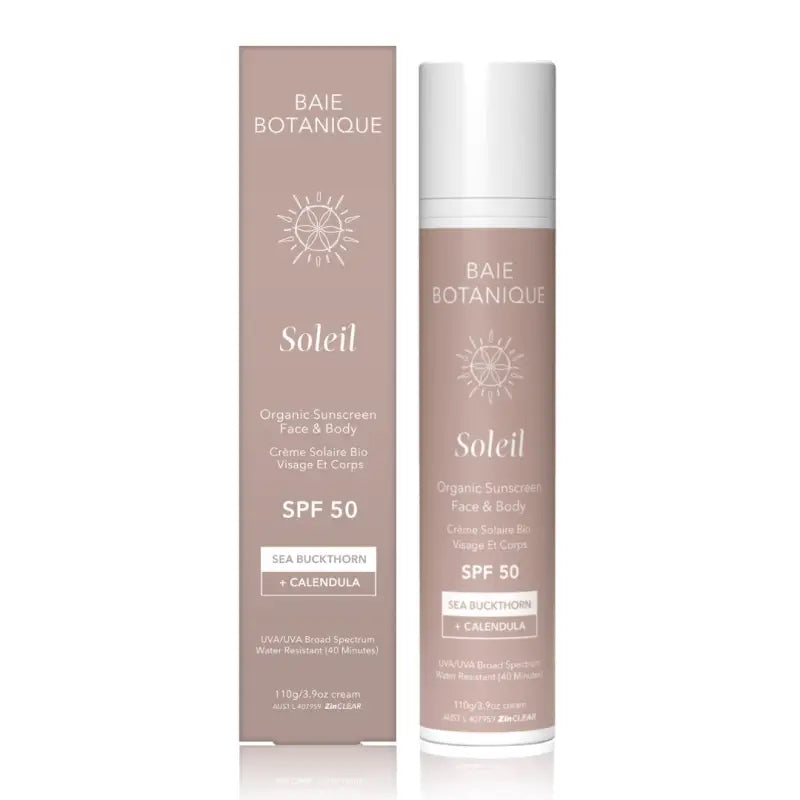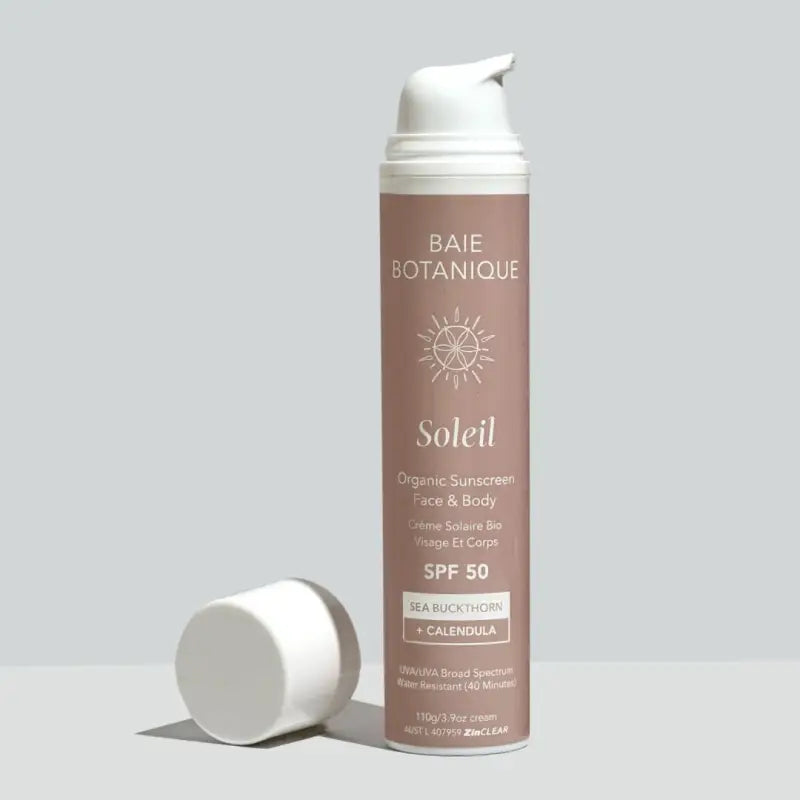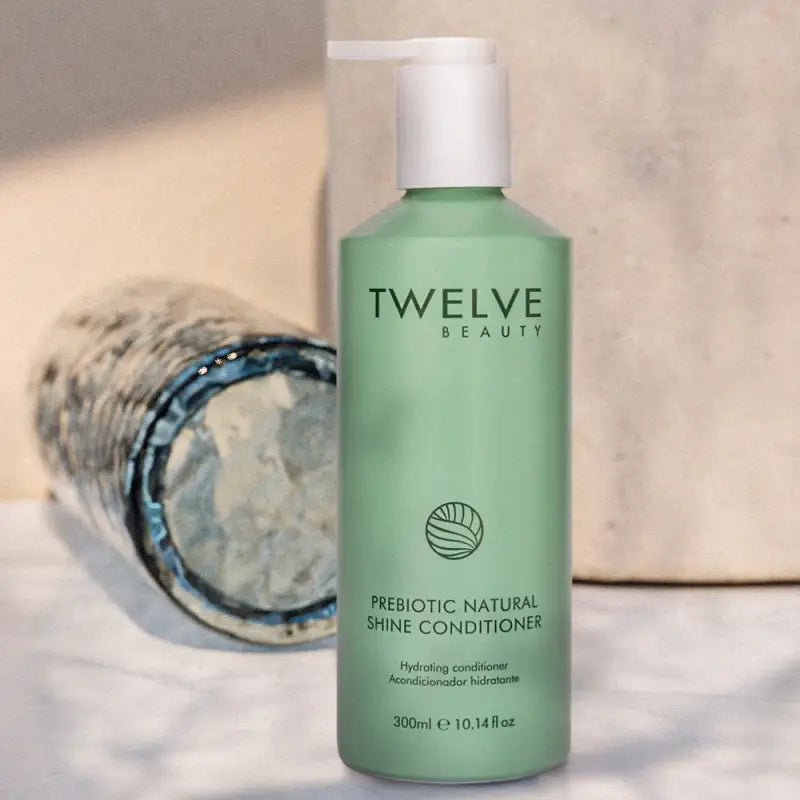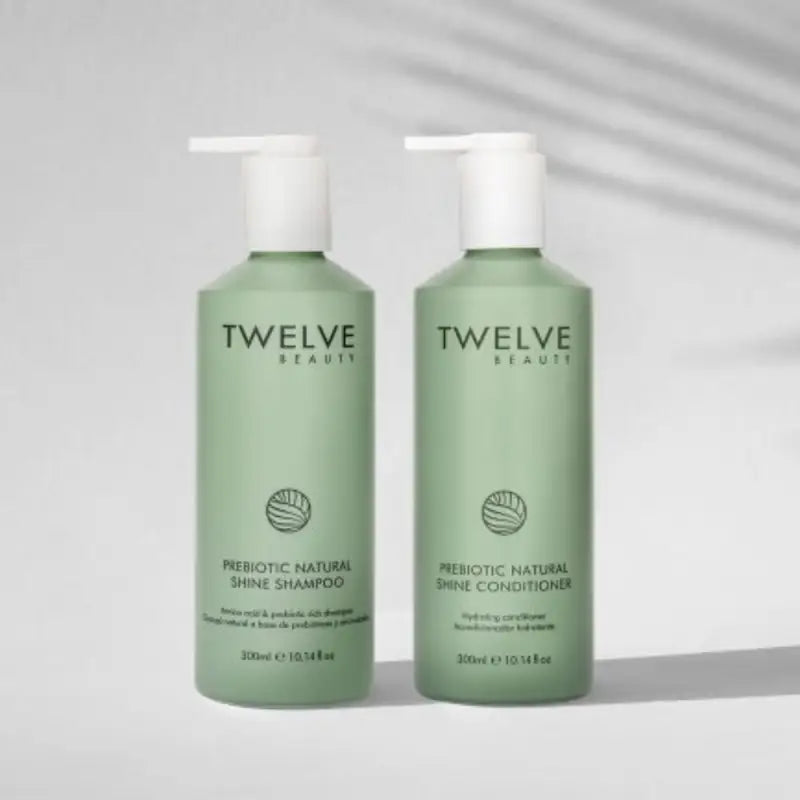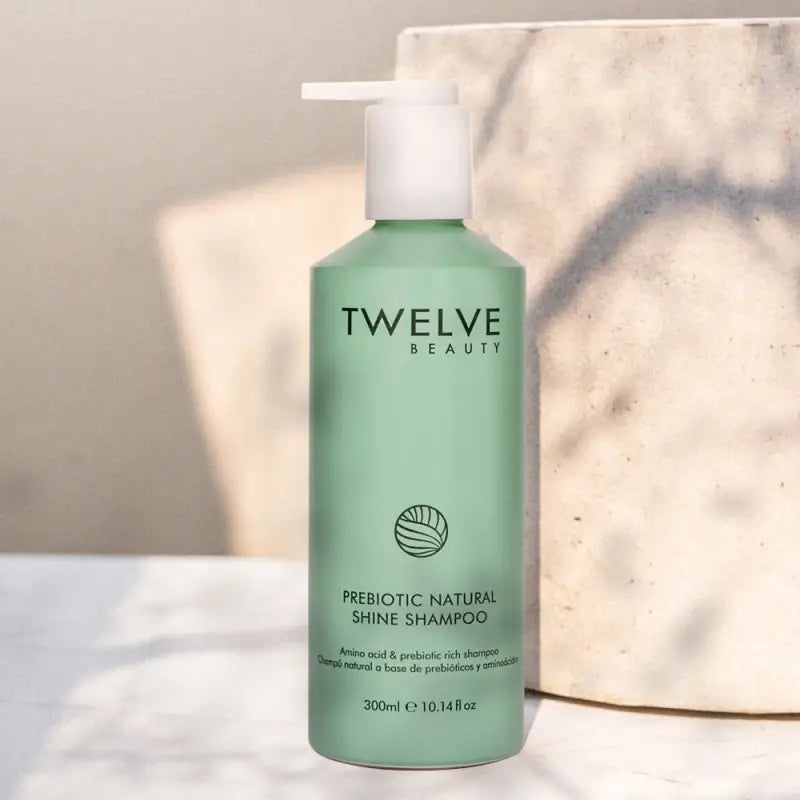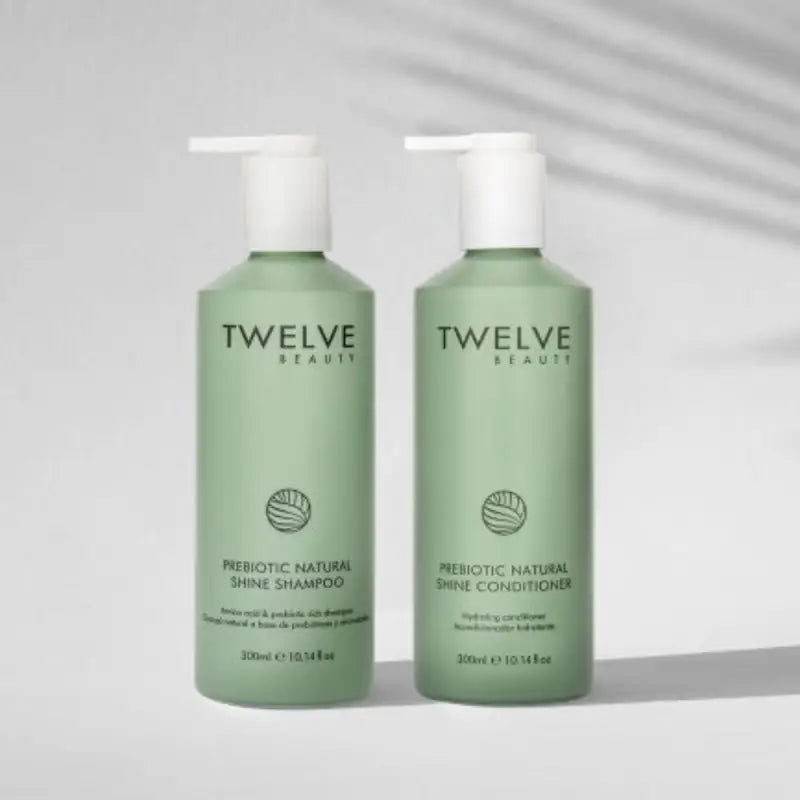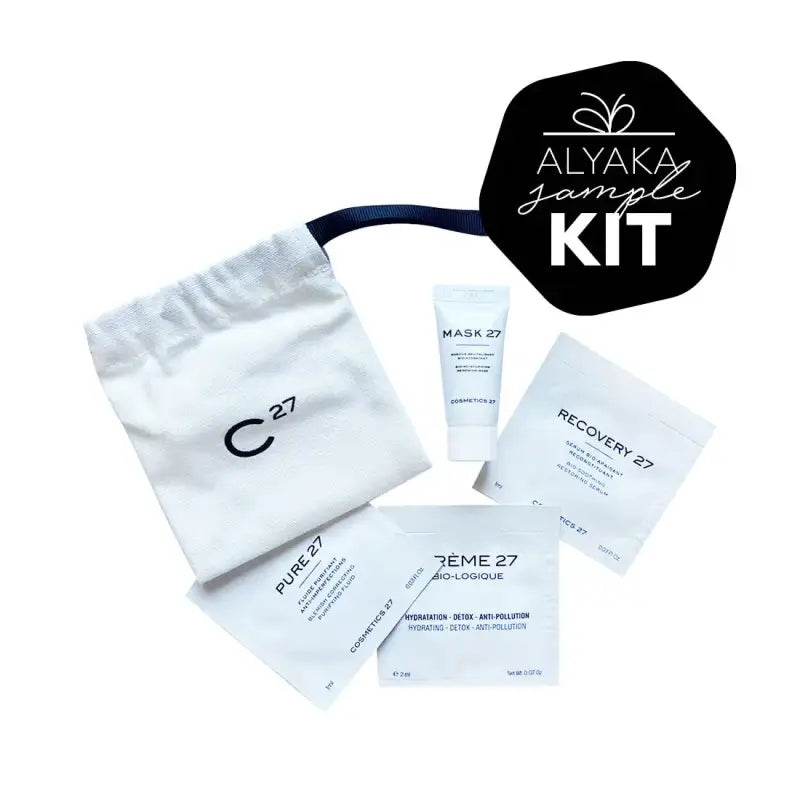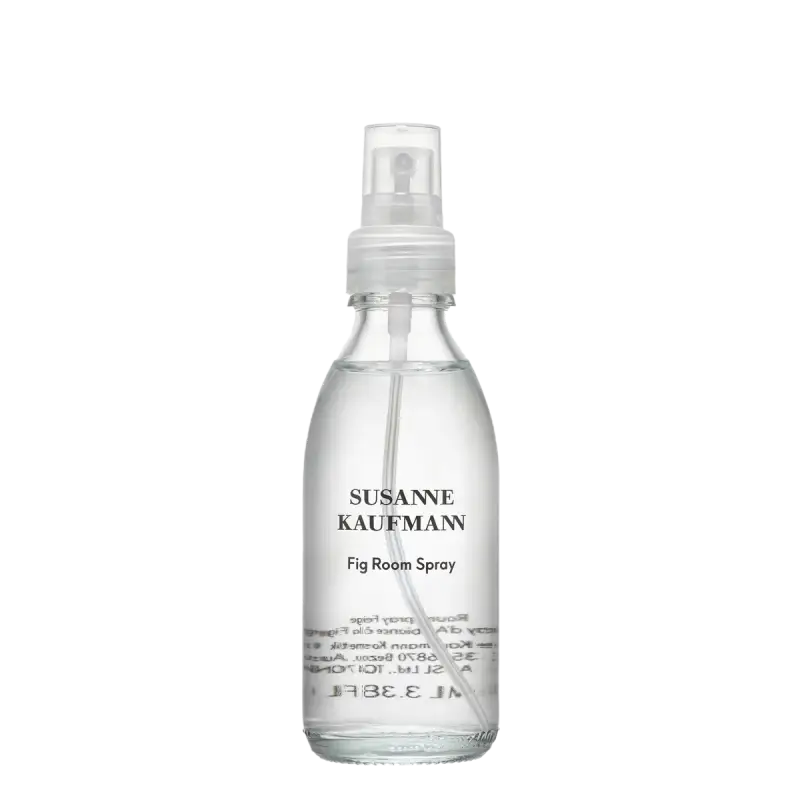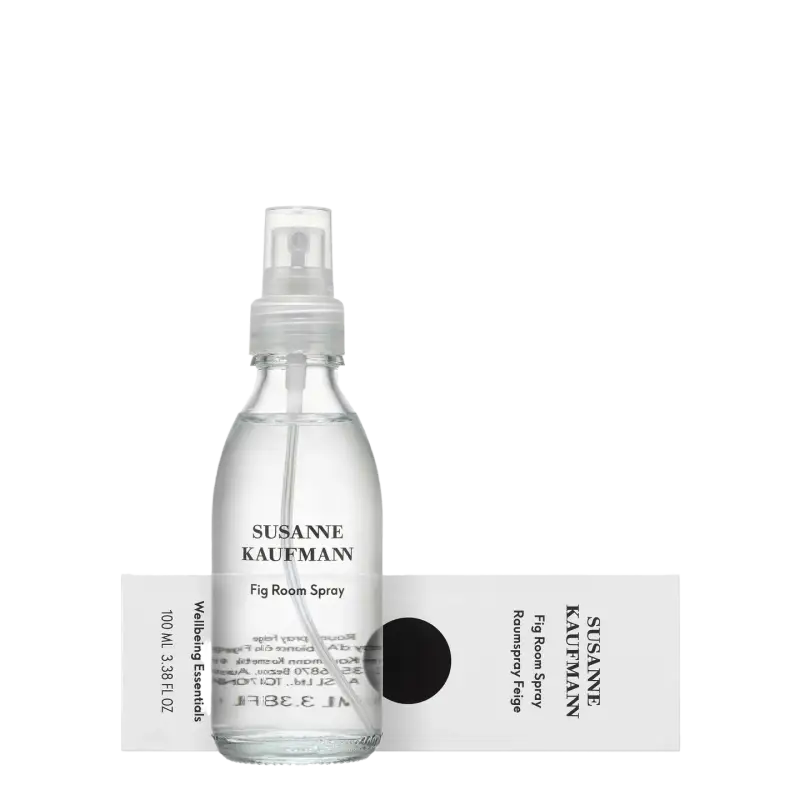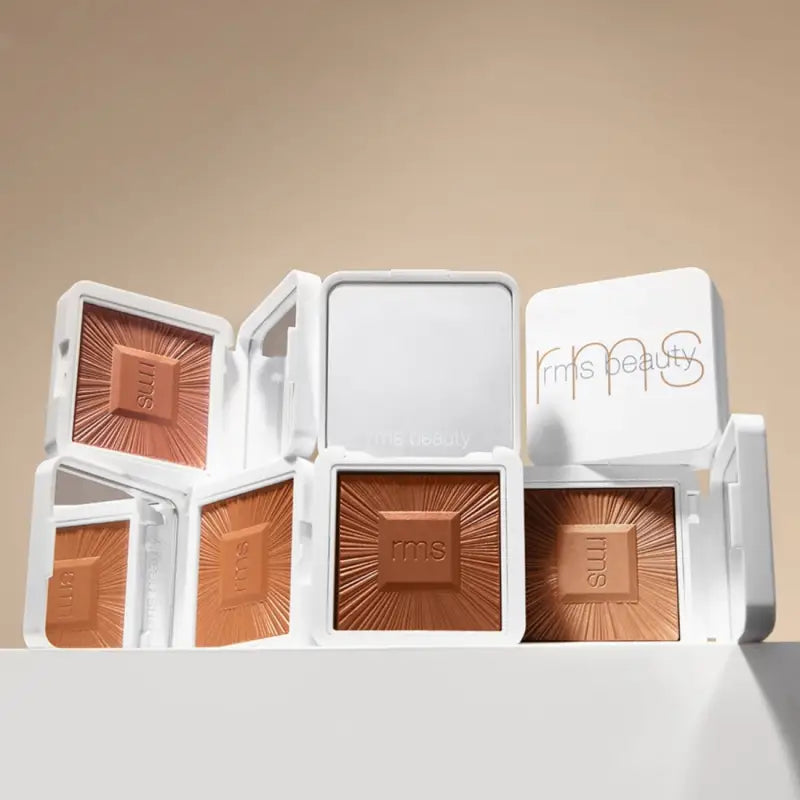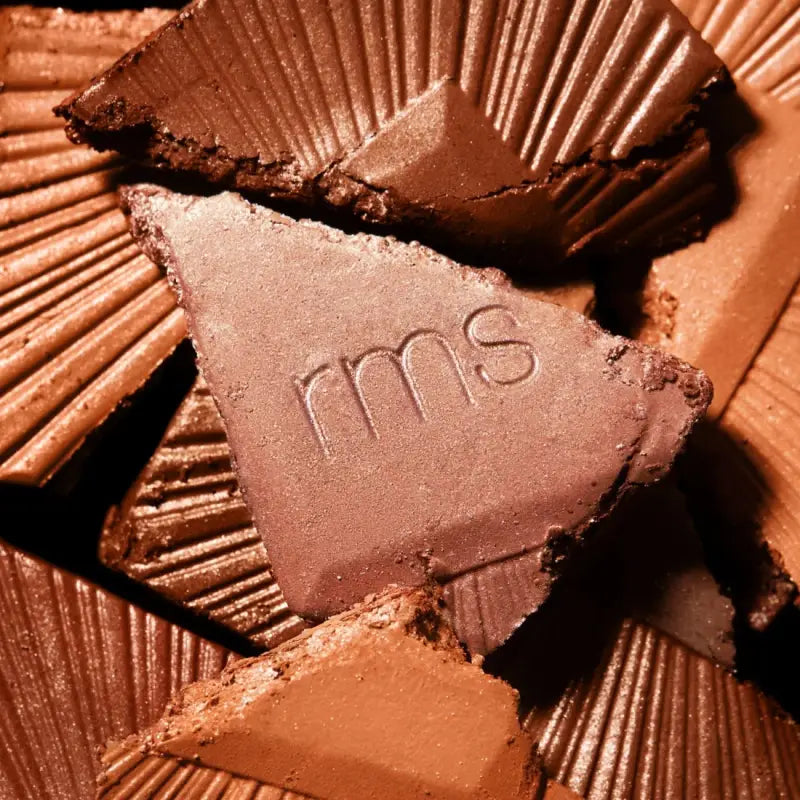Understanding Retinol: What it is and How it Works
Retinol, a form of vitamin A, is a powerhouse ingredient in skincare due to its numerous benefits and functions. It plays a crucial role in promoting cell turnover, which helps to shed old, damaged skin cells and reveal new, healthier ones. This process not only leads to smoother and brighter skin but also helps to fade age spots and improve skin colour.
Furthermore, Retinol stimulates collagen production, a vital protein that provides structure and elasticity to the skin. This results in plumper, firmer skin and helps to reduce the appearance of fine lines and wrinkles. Additionally, Retinol aids in increasing blood flow to the skin, leaving it with a healthy, radiant glow.
When using Retinol for the first time, it's important to start slowly and allow the skin to adjust to the product. Patience is key, as visible results may take a few weeks to appear. It's also crucial to use sunscreen during the day when using Retinol, as it can make the skin more sensitive to UV rays.
In summary, Retinol is a potent skincare ingredient that offers a wide range of benefits, from promoting cell turnover and collagen production to improving skin color, fading age spots, and softening rough patches. With consistent use and patience, Retinol can provide noticeable improvements to the skin.
The Benefits of Retinol for Skin Health
Retinol, a powerhouse ingredient in many skincare products, offers a wide range of benefits for skin health. From reducing the appearance of fine lines and wrinkles to improving skin tone and texture, retinol has become a staple in many skincare routines. Its ability to promote collagen production and increase cell turnover makes it an effective treatment for acne and hyperpigmentation, while also providing anti-aging benefits. With consistent use, retinol can help achieve smoother, clearer, and more youthful-looking skin. However, it's important to use retinol products as directed and gradually introduce them into your routine to avoid irritation and potential side effects.

Increasing Skin Cell Turnover and Collagen Production
Incorporating retinoids and alpha hydroxy acids into a skincare routine is crucial for increasing cell turnover and collagen production. Retinoids stimulate the production of new skin cells, resulting in improved cell turnover and collagen synthesis. They also help to reduce the appearance of fine lines, wrinkles, and sun damage, leading to smoother and more youthful-looking skin. On the other hand, alpha hydroxy acids (AHAs) exfoliate the skin and remove dead skin cells, encouraging the growth of new, healthy cells. This process contributes to improved cell turnover and collagen production, resulting in firmer, more radiant skin.
Both retinoids and AHAs play a significant role in maintaining healthy, youthful-looking skin. By incorporating these ingredients into a skincare routine, individuals can effectively promote cell turnover and collagen synthesis, leading to improved skin texture and overall appearance. Therefore, for those aiming to achieve a more youthful and radiant complexion, it is essential to include retinoids and alpha hydroxy acids in their daily skincare routine.
Improving Skin Texture and Tone
The best ingredients for improving skin texture and tone are retinol and glycolic acid. Retinol is a form of vitamin A that stimulates collagen production, helps in reducing the appearance of fine lines and wrinkles, and promotes skin renewal. On the other hand, glycolic acid is an alpha hydroxy acid (AHA) that exfoliates the skin, removes dead skin cells, and promotes a smoother and more even skin tone.
Retinol,a vitamin A derivative, works by increasing the production of collagen, which helps to plump the skin and reduce the appearance of wrinkles. It also helps to regulate the skin's natural renewal process, resulting in a smoother complexion. Glycolic acid exfoliates the skin, helping to remove dead skin cells and revealing fresh, new skin underneath. This helps to improve the skin's texture and tone, resulting in a brighter and more radiant complexion.
Using skincare products with retinol and glycolic acid can lead to more balanced and healthy skin. They can help address issues such as uneven skin tone, rough texture, and signs of aging. By stimulating collagen production and exfoliating the skin, these ingredients can promote a more youthful and vibrant appearance. Overall, the benefits of incorporating retinol and glycolic acid into skincare routines include improved skin texture, tone, and a more youthful complexion.
Targeting Skin Concerns such as Dark Spots and Fine Lines
To target skin concerns such as dark spots and fine lines, specific skincare products and ingredients are essential. Retinol-based treatments increase cell turnover and reduce hyperpigmentation, while vitamin C and niacinamide help brighten and even out skin tone.
Retinol stimulates the production of new skin cells and decreases the appearance of dark spots and fine lines. Vitamin C is a powerful antioxidant that helps to brighten the skin and reduce the appearance of dark spots, while niacinamide helps to even out skin tone and improve the appearance of fine lines.
For a daily skincare routine, start with a gentle cleanser, followed by a vitamin C serum to brighten and protect the skin from environmental damage. In the evening, use a retinol treatment to promote cell turnover and reduce the appearance of dark spots and fine lines. Finish with a moisturizer containing niacinamide to even out skin tone.
Overall, incorporating retinol, vitamin C, and niacinamide into a daily skincare routine can effectively target skin concerns such as dark spots and fine lines, resulting in a brighter and more even complexion.
Choosing the Right Form of Retinol for Your Skin Type
When it comes to skincare, choosing the right form of retinol for your skin type is crucial for achieving the best results. Retinol, a derivative of vitamin A, is known for its anti-aging benefits, such as reducing fine lines, wrinkles, and improving skin texture. However, not all active forms of retinol are suitable for everyone. Factors such as skin sensitivity, dryness, and existing skin conditions will influence which form of retinol is most suitable for your skin. Understanding the different forms of retinol and how they interact with different skin types is essential for making an informed decision about your skincare routine. In this article, we will explore the various forms of retinol and provide guidance on how to choose the right one for your specific skin type.
Understanding Different Forms of Vitamin A: Retinol, Retinoic Acid, and Retinyl Palmitate
Vitamin A comes in various forms that offer unique benefits for skincare. Retinol, a common form, is well-known for its ability to promote skin renewal and improve the appearance of wrinkles and fine lines. It's also effective in treating acne and fading dark spots. Products containing retinol include serums, creams, and oils.
Retinoic acid, a more potent form of vitamin A, is typically available in prescription-strength treatments and is used to address more severe skin concerns like deep wrinkles and hyperpigmentation. It's converted into retinaldehyde before being utilized by the skin.
Retinyl palmitate is a milder, over-the-counter form of vitamin A often found in moisturizers and eye creams. It's a good option for those with sensitive skin who want to experience the benefits of vitamin A without the irritation.
For individuals with severe sun-damaged skin or acne, prescription-only tretinoin or Retin-A, which contains retinoic acid, may be recommended as an effective treatment option.
Each form of vitamin A is converted and utilized by the skin differently, but they all work to improve skin texture, reduce the appearance of wrinkles, and promote a more youthful complexion.
Considering Your Skin Type and Sensitivities
Retinol has gained immense popularity in the skincare industry due to its remarkable benefits for the skin. From reducing fine lines and wrinkles to improving skin texture and tone, retinol is often hailed as a holy grail ingredient. However, many people are hesitant to incorporate retinol into their skincare routine due to fears of potential side effects or irritation.
One crucial factor to consider when using retinol is your skin type and sensitivities. Some individuals may have more sensitive skin that is prone to redness, dryness, or irritation. It's important to choose a form of retinol that is gentle enough for your skin type to minimize any potential adverse effects.
If you have sensitive skin, opting for a milder form of retinol such as retinyl palmitate can be a good choice. This form of retinol is less likely to cause irritation and is suitable for those with sensitive skin or beginners who are just starting to incorporate retinol into their routine.
For those with normal to oily skin, retinol or retinoic acid may be more appropriate. These forms of retinol are generally stronger and more effective in treating signs of aging and acne. However, it's important to start with a lower concentration and gradually increase the strength to avoid irritation.
If you have specific skin concerns like deep wrinkles or hyperpigmentation, consulting with a dermatologist may be beneficial. They can prescribe a prescription-strength retinoid like tretinoin, which is highly effective but should be used under professional guidance.
Incorporating Retinol into Your Skincare Routine
Incorporating retinol into your skincare routine can be a game-changer for your skin. This powerful ingredient has been proven to improve the appearance of fine lines, wrinkles, and acne, making it a staple in many skincare regimens. However, it is important to use retinol correctly to avoid irritation and maximize its benefits. In this guide, we will cover everything you need to know about incorporating retinol into your skincare routine, including the benefits, how to use it, potential side effects, and tips for getting the best results. Whether you are a retinol newbie or looking to amp up your current routine, this guide will help you navigate the world of retinol skincare with confidence.
Best Practices for Using Retinol Products
Retinol is a powerful ingredient in skincare and using it correctly is essential for getting the best results. When incorporating retinol into your skincare routine, it's important to follow some best practices.
After washing your face, apply a thin layer of retinol to the skin, avoiding sensitive areas such as the corners of the eyes and the lips. This helps reduce the risk of irritation and redness. It's also crucial to follow up with a moisturizer to keep the skin hydrated and prevent dryness or peeling.
When starting out with retinol, it's recommended to begin with every other day use to allow your skin to adjust to the product. This can help minimize any potential side effects and give your skin time to build up tolerance. Additionally, pairing retinol with vitamin C can lead to even better results for the skin. Vitamin C is known for its antioxidant properties and can enhance the effects of retinol, promoting a brighter and more even complexion.
By incorporating these best practices into your skincare routine, you can effectively and safely use retinol to improve the overall appearance and health of your skin.
Complementing Retinol with Other Skincare Ingredients
When incorporating retinol into your skincare routine, it's important to consider using complementary ingredients to maximize its benefits while minimizing potential irritation.
Hyaluronic acid is a key ingredient that can help to hydrate the skin, keeping it plump and moisturized.
Niacinamide, also known as vitamin B3, is great for strengthening the skin barrier and reducing redness and irritation, making it a great addition to use alongside retinol. Peptides are another beneficial ingredient that can help to support collagen production and improve the overall texture and firmness of the skin.
Ceramides, other fatty acids, are essential for maintaining the skin's natural barrier and retaining moisture, which is especially important when using retinol, as it can sometimes cause dryness and flakiness.
By incorporating these complementary ingredients into your skincare routine, you can help to hydrate, strengthen, and protect your skin while using retinol, ensuring that you not only maximize its benefits but also minimize any potential irritation.
Addressing Common Concerns and Misconceptions about Retinol
Retinol is a popular skincare ingredient known for its anti-aging properties, but it also comes with a fair share of concerns and misconceptions. In this article, we will address some of the common worries and misunderstandings about retinol, such as its potential for skin irritation, suitability for all skin types, and effectiveness in treating specific skin concerns. By debunking these misconceptions and providing helpful information, we aim to clarify the benefits and drawbacks of using retinol in skincare routines, allowing individuals to make informed decisions about incorporating this powerful ingredient into their regimen.
Myth: Retinol Is Too Harsh for Dry or Sensitive Skin
It is a common misconception that retinol is too harsh for dry or sensitive skin. While it is true that retinol can initially cause dryness and peeling, it can still benefit dry skin in the long run. Retinol works by boosting collagen synthesis, which can help improve the elasticity and overall health of the skin. Additionally, it can help to reduce the appearance of fine lines and wrinkles, making it a valuable tool for those with dry skin seeking anti-aging benefits.
For sensitive skin, retinol can also be beneficial. Despite its potential for irritation, retinol has been shown to minimize the appearance of fine lines and wrinkles, as well as reduce hyperpigmentation. Its ability to exfoliate the skin and promote cell turnover can lead to a smoother, more even complexion for those with sensitive skin.
In conclusion, while retinol may initially cause dryness and peeling, its long-term benefits for dry and sensitive skin cannot be overlooked. By boosting collagen synthesis and improving elasticity, as well as minimizing the appearance of fine lines and wrinkles and reducing hyperpigmentation, retinol can be a valuable addition to the skincare routine for those with dry or sensitive skin.
Fact: How to Properly Use Retinol for Delicate Skin
If you have delicate skin, using retinol can be beneficial but it’s crucial to start slow and be gentle with your application. Begin by applying a pea-sized amount at night to clean, dry skin. Gradually increase the frequency as your skin becomes accustomed to it, but never use it more than every other night. This slow and steady approach will help minimize irritation and maximize the benefits.
When applying retinol, make sure to use a thin layer and avoid sensitive areas such as around the eyes and corners of the mouth. Always follow up with a moisturizer to help mitigate dryness and prevent further irritation. It's important to be patient and give your skin time to adjust to the retinol. Remember, the results will be well worth it in the end.
In summary, when using retinol for delicate skin, it's important to start slow, use a pea-sized amount at night, gradually increase frequency, apply a thin layer after washing, avoid sensitive areas, and follow up with moisturizer for the best results.
Myth: Look for the highest concentration of retionol to start with.
One common misconception is that starting with the highest concentration of retinol is the best approach. This is not necessarily true.
Using a high concentration of retinol right from the start can actually lead to increased skin irritation and potential damage. It's important to remember that retinol is a powerful ingredient, and starting with a lower concentration allows your skin to gradually adjust and build tolerance.
Instead of focusing on the highest concentration, it's more important to choose a retinol product that is suitable for your skin type and concerns. Look for products that are specifically formulated for sensitive or dry skin, as these will often have lower concentrations of retinol to minimize irritation.
ALSO READ:







